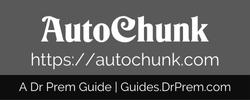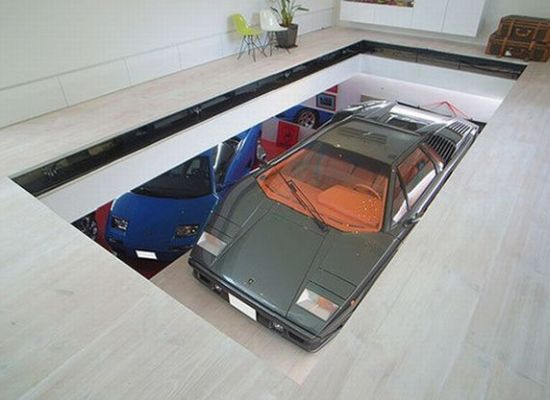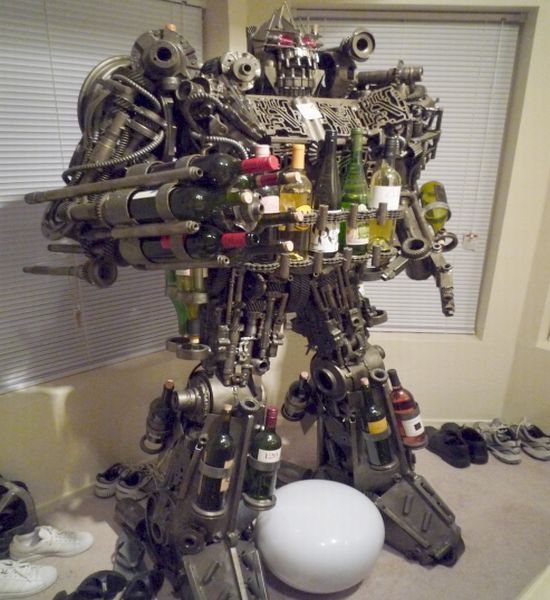Used cars have a number of points in their favor. They cost less, but they won’t depreciate nearly as much as a new car. This means they hold their value better. You have a much wider selection. Used cars have an established history, so you can avoid a model year with known problems. You can choose a car that has been well maintained or is nearly new. However, every used vehicle should be checked out by both the intended buyer and a mechanic. Here are 5 things you should always inspect when buying a used car.
1. The Vehicle History Report
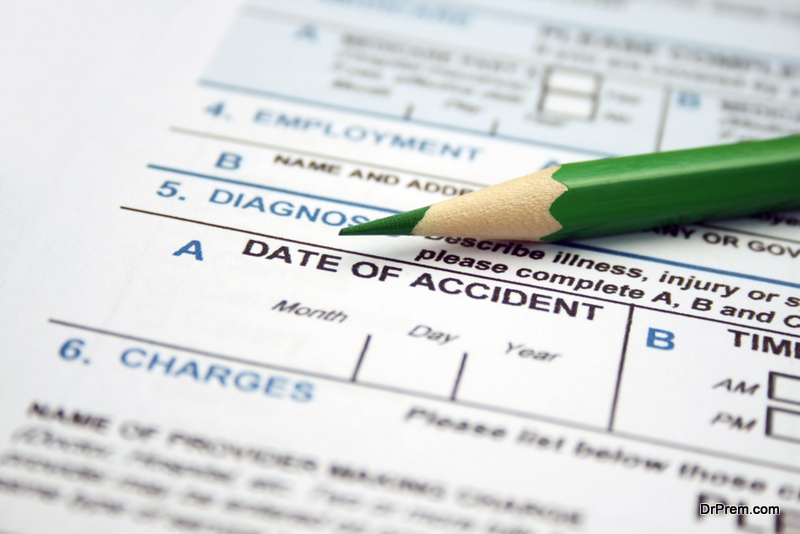
Get the vehicle identification number or VIN for the given car. There are a number of websites you can use to research the car’s history. You can look up its accident history, if the accident was reported. You can see potential recalls for the car, and you can use that information to verify with a mechanic the warranty work was done. Insurance claim history could lead you to check for related issues like water damage to the electronics or the quality of the rebuild of the frame after it was totaled. Be wary of buying cars that are officially salvaged. You may have trouble insuring it.
2. The Exterior of the Car
Used car dealers in El Paso often clean up the interior and exterior of the car. However, you should still inspect it. Look for damage to the windshield, headlights and mirrors. This can indicate that it was recently in an accident. Hail damage is obvious, and you can save a lot of money if you’re willing to overlook a few dents. Scratches are a minor issue you can have touched up by a painter, as long as there isn’t rust. Rust is a major red flag.
3. The Wheels
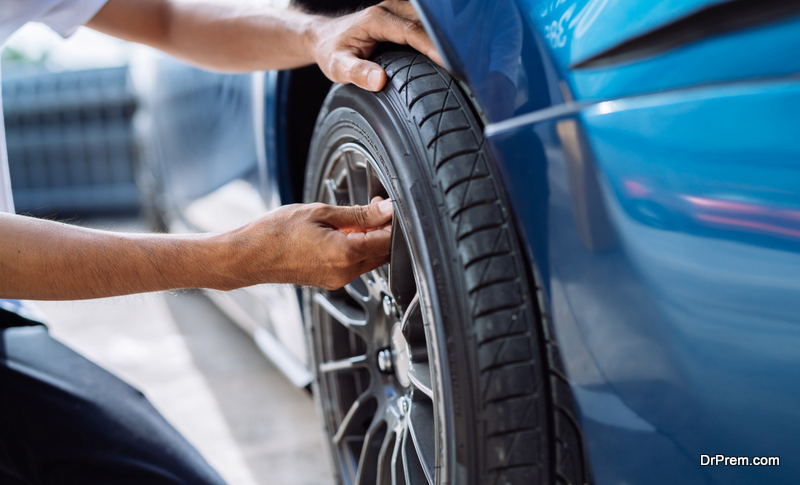
The wheels are a key piece of the vehicle. Check them for dents and other types of damage. This could be a sign that it has been in an accident. If they’re bent, have an independent mechanic check the alignment. If the wheels are in good shape but the tires are worn, you could ask for all new tires to be put on the car while negotiating the purchase.
4. The Engine
You’ll always want to take the car to a mechanic to be inspected, but you can save yourself the hassle in many cases by doing a quick inspect yourself. Open the hood and make sure there are no leaking fluids. Go for a test drive, and then inspect it again. If anything is leaking other than condensate from the air conditioner, don’t buy it. Run the engine for a while and make sure that various engine warning lights aren’t coming on.
5. The Paperwork

Never sign a contract without reading it in detail. Don’t let someone else explain it to you instead of letting you read it. Don’t buy a car from a dealer who won’t let you read the financing agreement, either. Verify that the car dealer has the title. Never leave the parking lot or pay anything to the dealer without having a valid title in hand.
Article Submitted By Community Writer
